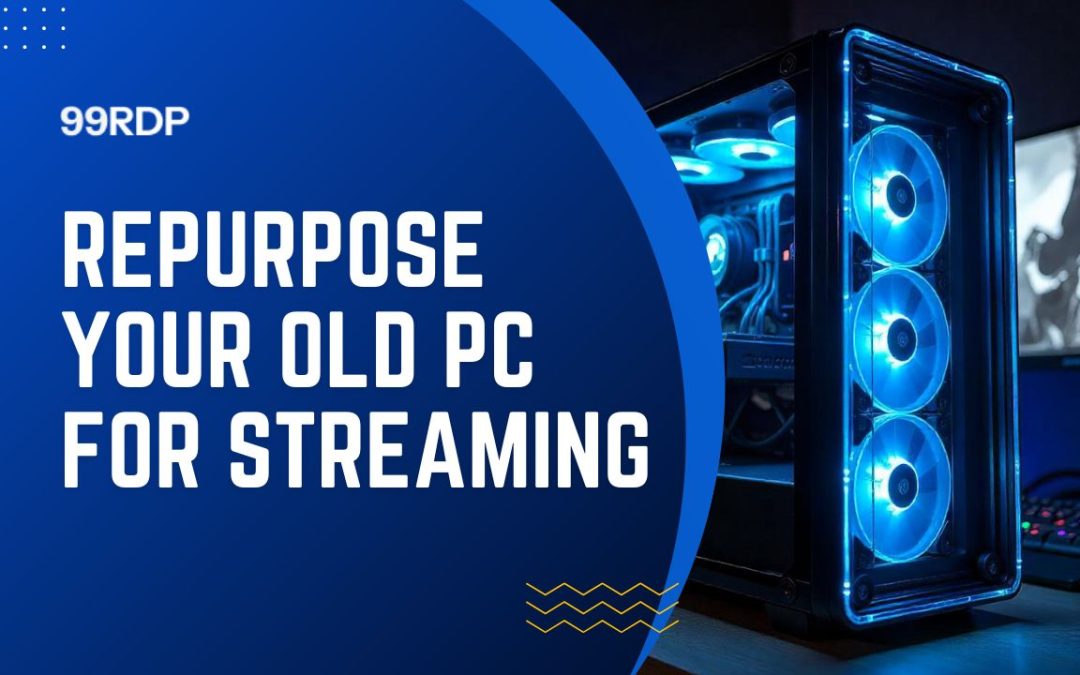Shared Hosting vs. WordPress Hosting
Read this article to learn about, ‘Shared Hosting vs. WordPress Hosting’.
The debate between shared and managed WordPress hosting has raged on for some time in the WordPress community. Not only are we not immune to this phenomenon, but in the course of conducting several hosting evaluations, comparisons, and surveys, we have always found that there are compelling arguments on both sides of the fence.
Comparing shared hosting to managed hosting may not be as cut-and-dry as it looks at first glance.
In this article, I’ll investigate the differences between shared and managed WordPress hosting from the perspectives of both developers and regular users.

Shared Hosting vs. WordPress Hosting
When comparing shared versus managed WordPress hosting, it’s essential to consider the specialized services and optimization options available with the latter.
Whereas conventional shared hosting leaves much of the task to you, including backups, WordPress optimization, and more, managed WordPress hosting is like having a personal butler for your WordPress website.
Shared hosting is also called ‘generic cheap hosting’ when discussing web hosting services.
Many shared hosts advertise that they provide a “managed platform” or “managed services,” leading some to believe that they are also managed, WordPress hosts.
The term “shared hosting” refers to the fact that your website will “share” server resources with other sites.
Managed WordPress hosting is an augmentation of shared web hosting that includes supplementary services and optimizations to boost the performance of WordPress websites.
This is why managed WordPress hosting on a shared server can be so inexpensive.
What is a Shared Hosting?
Shared hosting is a method for web hosts to cut expenses by accommodating multiple clients’ sites on a single server. That may sound bad, but it’s not meant to be. There is usefulness to shared hosting.
If shared hosts didn’t provide this service, none of us could host an unlimited number of sites for less than the price of a monthly coffee at Starbucks.
If you want to launch a simple demo or hobby site as quickly as possible, shared hosting is the way to go. Perhaps even for a commercial site, if all that’s required is a digital calling card. You wouldn’t be able to test more than one or two of these projects at once if you used a fully managed WordPress hosting environment for each one. The beauty of shared hosting is that it allows you to host ten different sites on the same machine.
Another con is that your site’s performance could be impacted by the actions of the tens or hundreds of other sites that are hosted on the same server. For this reason, reputable shared hosts will not oversell their servers’ capacities to customers.
Beyond that, a standard cPanel control panel is what you’ll use to administer your website (s).
What is Managed WordPress Hosting?
Services, performance enhancements, and other bonuses are all part of a managed WordPress hosting plan. All of these extras:
Can aid in making your site speedier because all settings are tailored to work best with WordPress.
Provide tools like staging websites that make it easy to test out changes to your WordPress site before making them live.
Automated functions like site-wide software updates and offsite storage of previous versions of your content can reduce the burden of website maintenance significantly.
Protect your WordPress website more thoroughly using WordPress-specific security policies and tools.
In addition to these functions, you can often control your site using a bespoke control panel (though this is not always the case at budget-managed WordPress hosts).
Advantages of Shared Hosting
A lot of the time, the monthly charge is drastically reduced.
Many shared hosting services provide limitless website hosting for a single, low monthly fee.
Even though there is no such thing as “unlimited guests,” the vast majority of shared hosts state otherwise and do not enforce a limit.
Disadvantages of Shared Hosting
A slower website load time is to be expected because cost-cutting measures are more frequently prioritized than performance improvements.
In a shared hosting environment, your site’s load time may be affected by the activity of other websites on the same server.
You don’t have access to helpful extras like automated updates and backups.
There won’t always be WordPress-specific optimizations for speed and security.
Advantages of Managed WordPress Hosting
Generally speaking, the better the server’s performance, the more favorable the server’s architecture is for WordPress.
Enhanced performance thanks to built-in caching on the server side
WordPress sites benefit from automatic upgrades since they improve site security and functionality.
Secure your WordPress site’s data with automated backups.
Firewalls, login hardening, and malware scans are just a few of the WordPress-specific security measures.
More user-friendly control panel for websites (though not on all managed WordPress hosts)
Functions that aid in site administration, such as “staging” sites.
Disadvantages of Managed WordPress Hosting
Managed WordPress hosts often cost more than shared hosts, but we provide cheaper ones.
When it comes to website size, managed WordPress providers tend to be more stringent.
In most cases, WordPress is the sole platform supported for hosting (obviously)
Some managed WordPress providers will limit the plugins you can use to improve site performance.
CONCLUSION
After reading this article, you might have got a good idea about, ‘Shared Hosting vs. WordPress Hosting’. You can read this article to learn about, Reseller hosting vs. Dedicated hosting.
You can read this article to learn how to buy Admin RDP.
Visit 99rdp.com to know about the pricing plans of different types of RDP.



